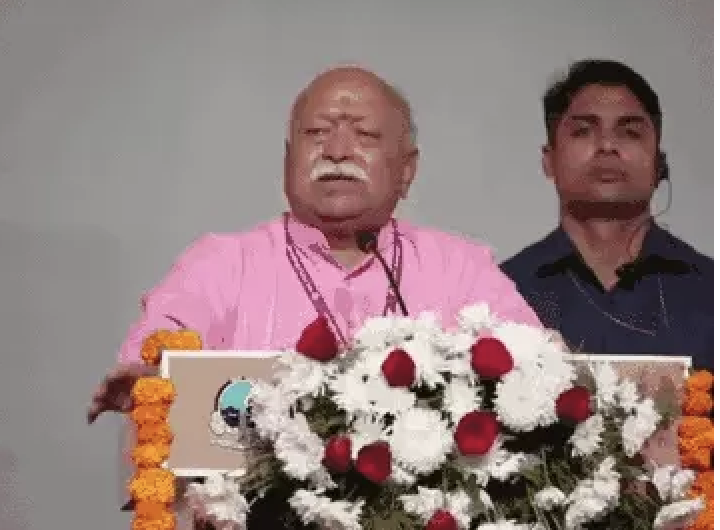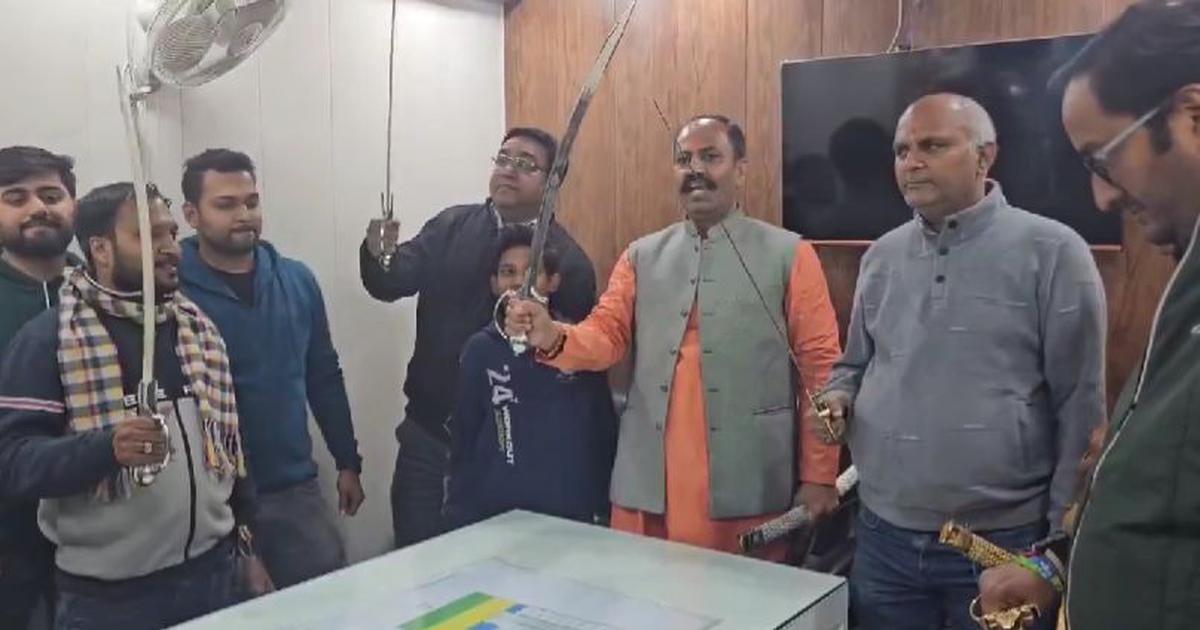
Khan, 49, was arrested three years ago for rioting and murder during the religious riots in the Indian capital, in which 53 people – most of them Muslims – were killed. The courts provided him bail in both the cases.
But Khan continues to languish in jail as he has not been able to secure bail in a case under the Unlawful Activities Prevention Act (UAPA), a controversial anti-terror law that has been used against Khan and several other Muslims accused of allegedly “pre-planning” the riots.
“My father is innocent. He was a prominent social worker in the community who helped people and he was targeted for that,” Saima told Al Jazeera while waiting for her father to arrive at the Karkardooma court.
“People now treat us like terrorists even though everyone knows all these charges are politically and communally motivated,” she said.
UAPA, termed by critics and rights groups as a draconian legislation, was amended in 2019 by the right-wing Bharatiya Janata Party (BJP) government to allow authorities to declare an individual a “terrorist” and detain them without trial for months, sometimes years. Previously, the “terrorist” tag was reserved only for groups or organisations.
This story was originally published in aljazeera.com . Read the full story here






